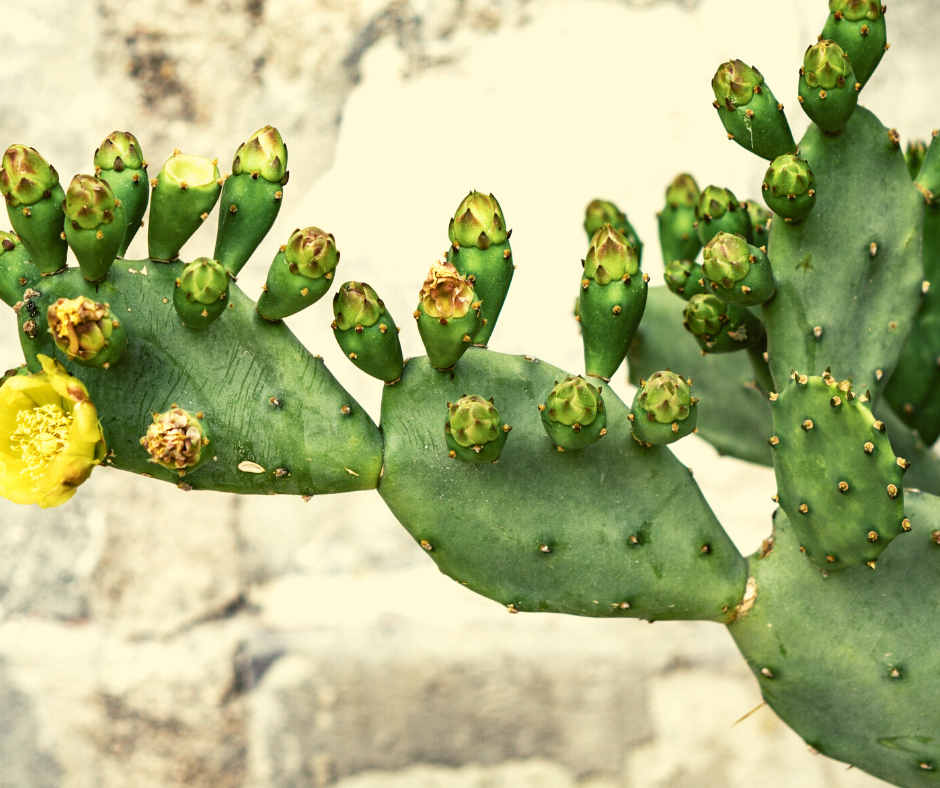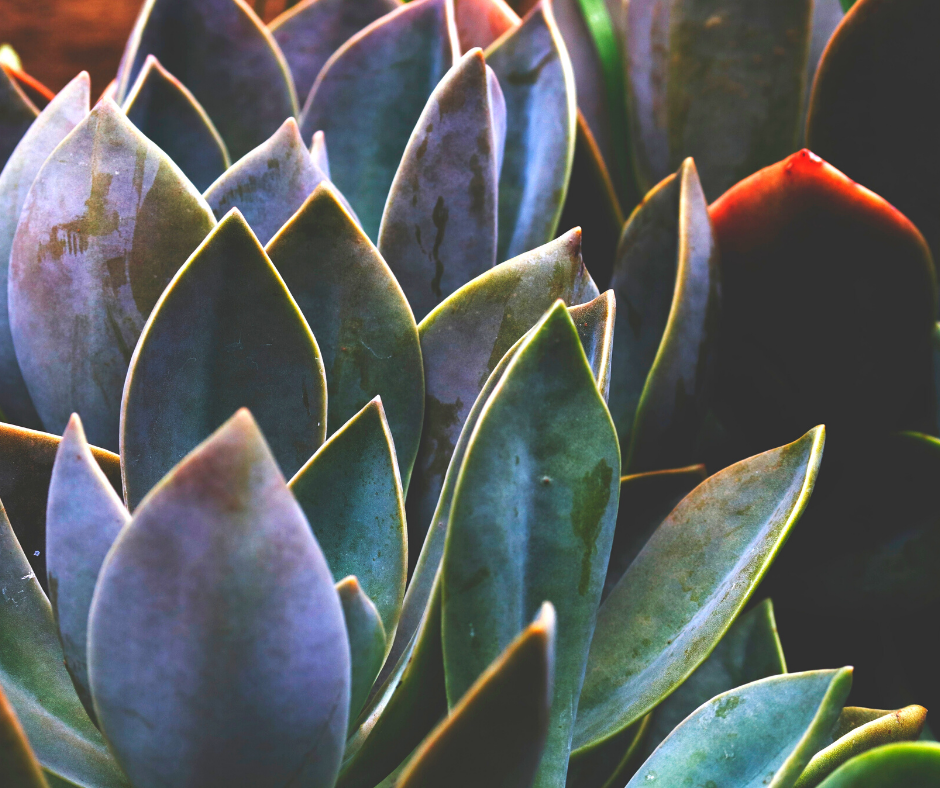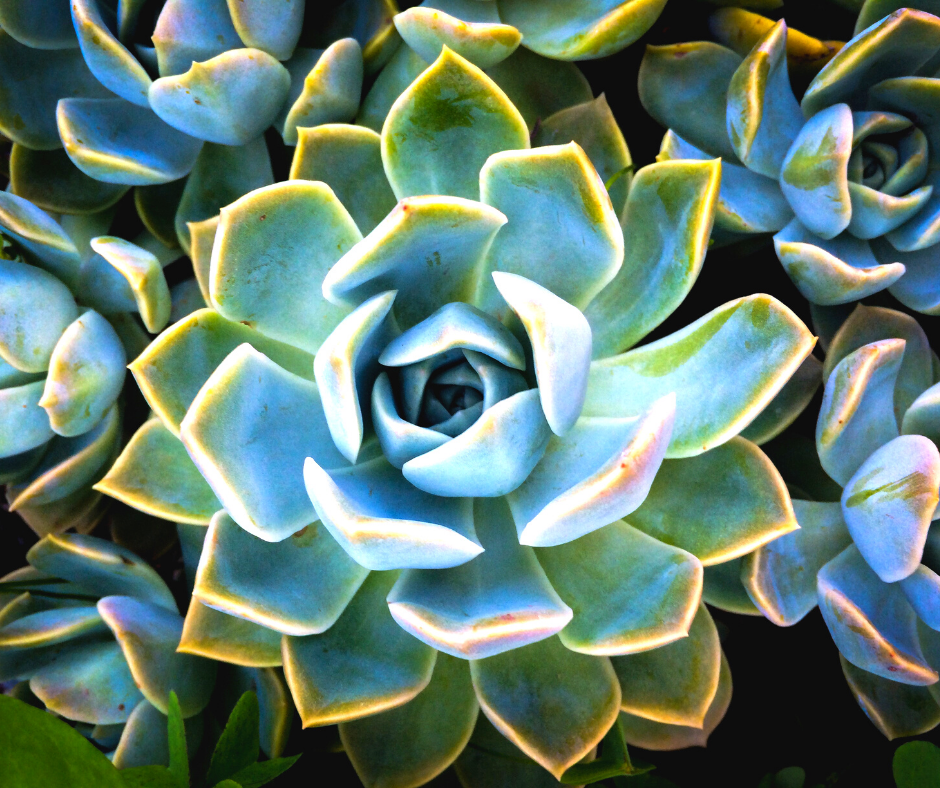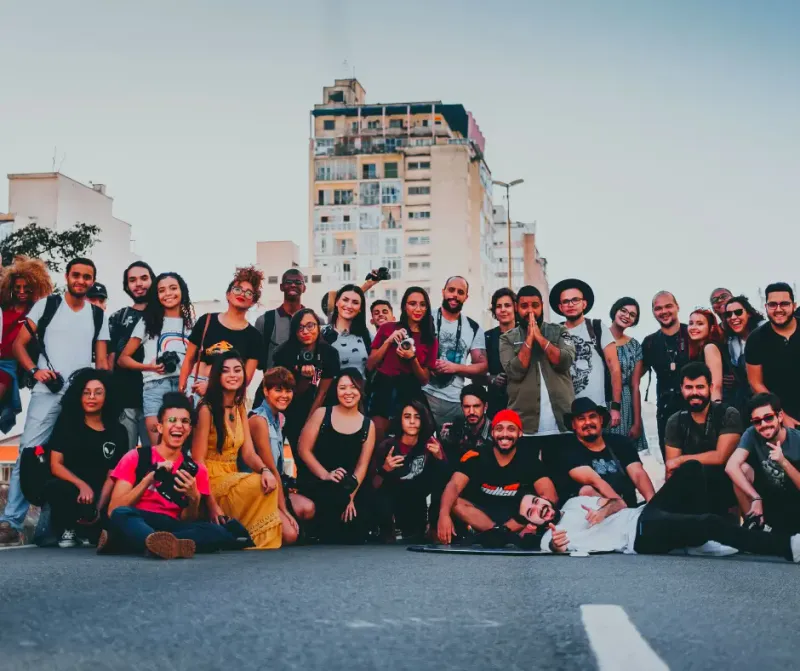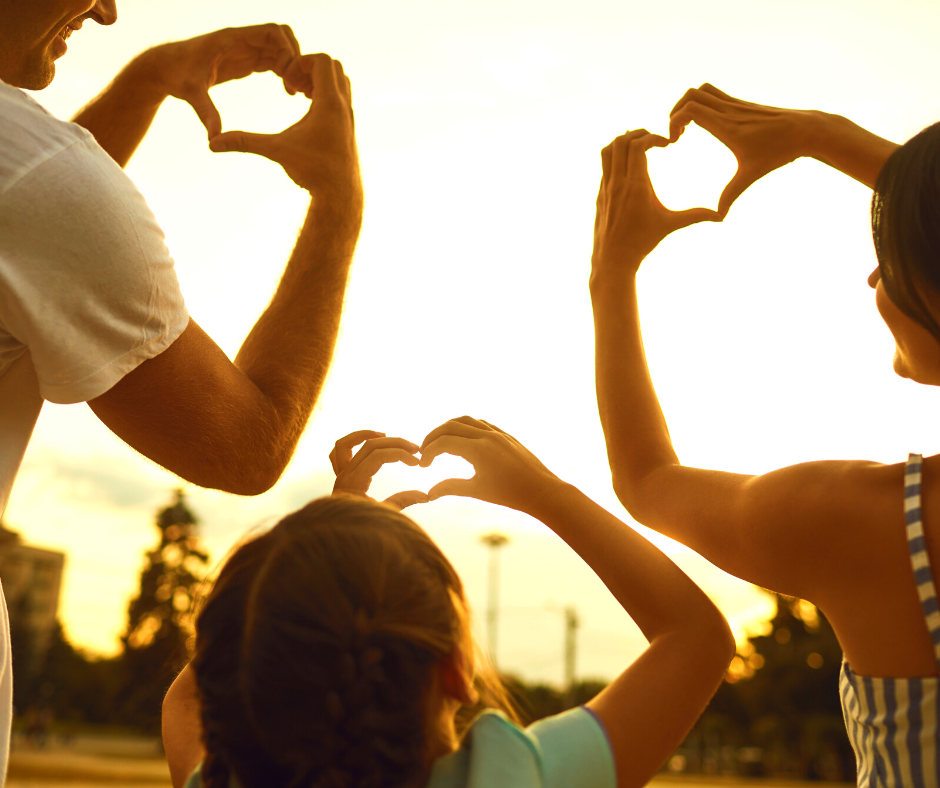We all know this type of person, who has one main job, two other income streams, three passion projects on the side, and still, time to learn a new language, plus a new instrument, although he or she speaks already a minimum of four languages fluently and plays at least the guitar well enough to show off at the bonfire.
Additionally, this person has the time to research, organize, and book the next travel destination for her digital nomad journey.
🌱 Travel health insurance for digital nomads
Let's name her Sam. "No signs of burnout," denies Sam smiling over a cup of coffee, as she has additional free time for friends, after her gym class. Sam feels balanced and happy.
Do you want to be like Sam?
Recently, I watched a course on productivity by Ali Abdaal, a full-time doctor, Cambridge lecturer, and successful YouTuber. He has additional side hustles, passion projects, and hobbies, and still has time for friends. Basically like our example of Sam.
What I learned from Dr. Ali Abdaal is that before starting to organize, optimize, and prioritize our life or job, we should understand the concept of how to operate a plane.
🛩 The concept of the pilot, engineer, and plane
Picture your tasks, your job, or whatever you want to structure more productively as an airplane. It is loaded with tasks and to-dos which need to go from A to B, from to-do to being done.
The job of the plane is to start and land, to be efficient, and safe, as well as course-following. However, the airplane executes these jobs only when someone makes the plane do it. For this, there is the pilot who sets the direction, estimates the flight length, and prioritizes the tasks.
Finally, there must be some sort of maintenance place, which is the engineering part. The engineer overlooks, adjusts, optimizes, and evaluates. The engineer is fueling the tanks and makes sure the pilot works in an efficient environment.
Most of the time, according to Dr. Abdaal, we are in plane mode (80%). There we follow instructions and are often set on auto-pilot, especially for those tasks we do regularly like tooth-brushing.
The rest of the 20% is shared, more or less equally, by the pilot and the engineer.
To tell the plane what to do, you must spend some time, maybe in the mornings, organizing a to-do list for the plane, which you can evaluate as the engineer after work, before bed, or once a week.
Question: Which areas (pilot, engineer, plane) do you struggle with the most? And what can you do to improve these areas?
👨🏽✈️ How to structure your tasks
The following tips will help you to improve your pilot skills in your productivity structure.
Eisenhower matrix
Set yourself time for a morning routine and start to write down all your to-dos for the day. Categorize the to-dos as urgent but not important, urgent and important, not urgent but important, and not urgent and not important.
If you want to read more about this technique, you want to look for the Eisenhower Matrix. Tasks marked as urgent and important should be done by you immediately. Tasks marked as important bus less urgent should be scheduled in your calendar. Tasks marked as urgent but less important should be delegated, for example to your virtual assistant.
If you don't have a VA, schedule these tasks in your calendar. Tasks marked as less important and less urgent should be deleted.
The urgency trap
Do things that take less than 2 minutes immediately.
All other tasks that are urgent but not important should get less priority than tasks that are important but not urgent or important and urgent.
The most important task
Define one to-do in your list and make it to your MIT - the most important task. This is the task that brings your business or your work the furthest today.
Or the one thing you can do today to boost your freelancing career the most. It is the one task with the best outcome for today.
This task is not the easiest, not cheapest, or fastest task to accomplish but it is the most rewarding.
Make it fun
Download the Google Chrome extension Momentum and add your most important task as the highlight of the day.
Each tab you will open will remember you of your most important task. And once you have accomplished this task, you can tick it off which feels just great.
Tomorrow, you can choose another MIT. The MIT should be in the section of important and urgent, so: Do it!
Book tip
Marc's (Genki's co-founder) favorite book on this topic: The 7 Habits of Highly Effective People: Powerful Lessons in Personal Change by Stephen R. Covey and Jim Collins.
✈️ How to get through your list of tasks
The following tips will help you to improve your ability to stay focused and disciplined to get through your list of tasks.
Discipline
Learn how to be disciplined and don't fall into the motivation trap. If you really want to achieve something, you can either try to motivate yourself or start to be disciplined.
I thought until very recently that I need to motivate myself or find a structure that helps me to be motivated.
At the end of the day, I changed my opinion about motivation. I think discipline is key.
Take breaks
Whether you are a believer of the 25-min Pomodoro technique, or you follow your own time management rules, by maybe 30 or 45 minutes, take regular breaks.
Just 5 minutes of downtime by stretching the legs, arms, and neck, walking to the coffee machine, or breathing fresh air from the open window will help your body to go for another round of high focus.
Book tip
My favorite book on how to build discipline is Atomic Habits by James Clear. Another great book is The Motivation Myth by Jeff Haden.
⚙️ How to monitor and improve your productivity
These tips help you to improve your work environment, and make sure your body gets the best support needed to get through your work day.
Workspace
Make sure you work in comfortable clothes, and on a stable desk with an ergonomic chair.
Think about how you can design a workspace, that protects the body the most. Think about light, fresh air, ergonomic furniture, laptop stands, and a mouse.
If you work in a noisy environment, get noise-canceling headphones. And although you might work from your hotel room or the nearby coffee shop, think about your posture, and prevent chronic back and neck pain.
Hydration
Ensure to drink enough water. If you think water is boring, add some mint, lime, cucumber, or lemongrass to a 2-liter jug, and make it more enjoyable.
Food
No time to eat? Uber Eats is your best friend? First, stop saying these words: "I don't have time" - because when you say it, you believe it, and you make it real.
But, I do think, that when we say we have time, we actually make time. Over time, making your own meal becomes easy. Eat fresh, eat healthily, eat diverse, eat colorfully, and eat nutritiously.
Check out the Healthy Living Guide 2021/2022 by Harvard T.H. Chan - School of Public Health.
Snacks
Dried fruits, nuts, dark chocolate, whatever gives you the little extra boost you need right now.
Breaks
Either you take breaks after 25 minutes or after 50 minutes, only you can estimate when your brain needs a little rest. Give it just 5 minutes, use the time to breathe fresh air, stretch your body, or sneak to the kitchen to get your healthy snacks ready.
Reward
I am not talking about rewarding yourself with expensive stuff, but include a little reward at the end of the day. And may it just be a downtime binge on Netflix.
🎀 Conclusion
Everyone wants to be the super productivity machine, but how often do we see ourselves or a coworker being burned out?
Before being proud of the 14 hours you just worked this week, have a look at how you can structure your time more efficiently.
I do believe when you spend some time being the pilot, and you let your inner engineer overlook your actual doing regularly, you are able to work more productively in your plane mode.
How do you master productivity?
